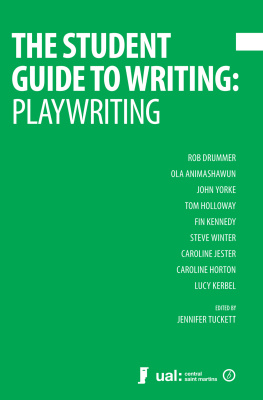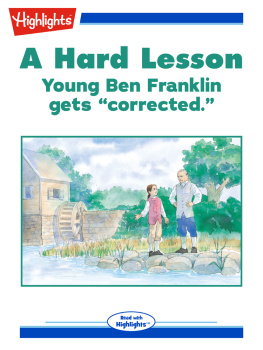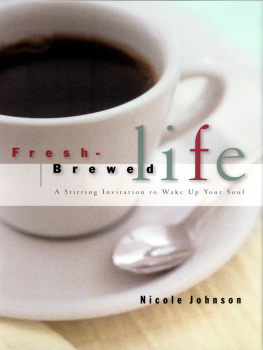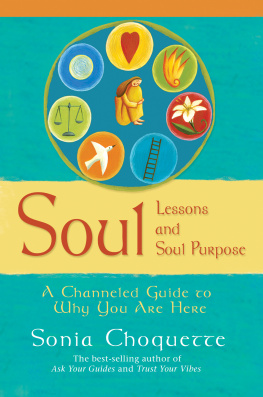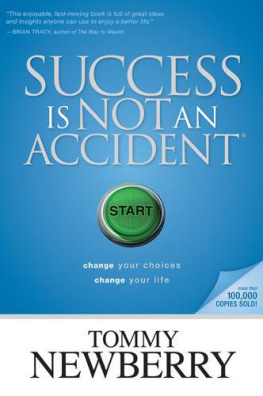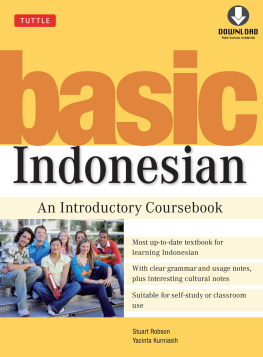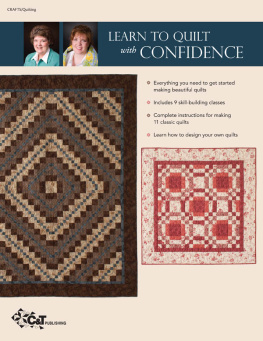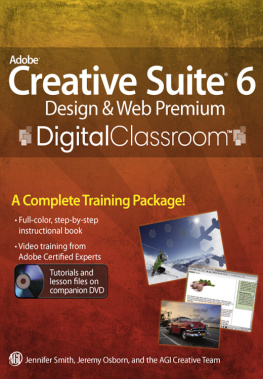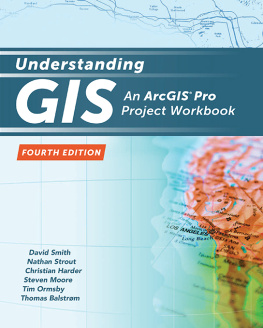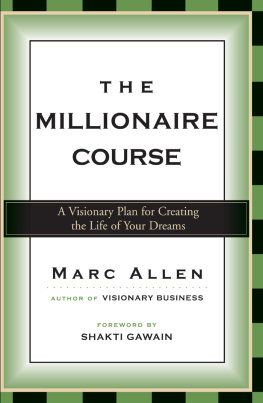
CONTENTS
by Rob Drummer, Artistic Director of Boundless Theatre Company
by Ola Animashawun, founder of the Royal Court Theatres young writers programme
by John Yorke, founder of the BBC Writers Academy
by Jennifer Tuckett, Course Leader of the MA Dramatic Writing at Drama Centre London at Central Saint Martins
by Tom Holloway, playwright and mentor, nominated by the Bush Theatre
by Fin Kennedy, founder of Schoolwrights and Artistic Director of Tamasha Theatre Company
by Steve Winter, Director of the Kevin Spacey Foundation and co-founder of the Old Vic New Voices 24 Hour Plays
by Caroline Jester, dramaturg and writer, co author of Playwriting Across the Curriculum and Fifty Playwrights on their Craft and former Dramaturg at Birmingham Repertory Theatre
by Caroline Horton, writer, performer, director and mentor, nominated by the Bush Theatre
by Lucy Kerbel, Director of Tonic Theatre and founder of Platform
INTRODUCTION
BY JENNIFER TUCKETT
Welcome to The Student Guide to Writing: Playwriting . This book is the second in a series between the MA Dramatic Writing at Drama Centre London at Central Saint Martins, one of the top courses in scriptwriting, and Oberon Books, one of the UKs most prestigious performing arts publishers. The partnership aims to provide access to the leading dramatic writing training coming out of the industry for the first time.
Book one was Dramatic Writing Masterclasses: Key Advice from the Industry Masters , which began the partnership by providing ten Masterclasses across all forms of dramatic writing. Future books will include in-depth guides to writing film, television, radio and digital media.
For this volume, we have been working in partnership with the Bush Theatre, one of the UKs most successful new writing theatres, and were delighted to provide access to step-by-step lesson plans for writing a theatre play.
The lessons are written by ten top industry professionals who have led the way in the industry in terms of playwriting training and the book brings together, and publishes, their playwriting teaching for the first time.
These professionals are:
ROB DRUMMER , Artistic Director of Boundless Theatre Company and former Associate Dramaturg at the Bush Theatre
OLA ANIMASHAWUN , founder of the Royal Court Theatres world famous young writers programme
JOHN YORKE , founder of the BBC Writers Academy, which had one of the biggest impacts as a training programme on dramatic writers careers in the UK
JENNIFER TUCKETT , Course Leader, MA Dramatic Writing, Drama Centre London at Central Saint Martins and Director of Writers at Work Productions, which manages London Writers Week amongst other projects
TOM HOLLOWAY , playwright and mentor, nominated by the Bush Theatre
FIN KENNEDY , founder of Schoolwrights and Artistic Director of Tamasha Theatre Company, Britains foremost touring theatre company
STEVE WINTER , Director of the Kevin Spacey Foundation and co-founder of the Old Vic New Voices 24 Hour Plays and TS Eliot US/UK Exchange, three leading programmes for emerging practitioners
CAROLINE JESTER , Dramaturg and writer, co author of Playwriting Across the Curriculum and Fifty Playwrights on their Craft and former Dramaturg at Birmingham Repertory Theatre
CAROLINE HORTON , writer, performer, director and mentor, nominated by the Bush Theatre, who has led the way in terms of experimental work
LUCY KERBEL , Director of Tonic Theatre, a company celebrated for its work in terms of gender equality, and founder of the Platform project for writing for young audiences
We hope the lesson plans in this book can be used individually by writers or students to build up a play or can be used by teachers at school or university level or in the industry to teach playwriting and to help students or writers create a script. Each plan contains exercises which are flexible in terms of length or class size, or you can follow the lessons on your own as quickly or as slowly as youd like.
The final two lesson plans cover some of the key advice on the business side of being a playwright as well.
In addition, the second half of the book contains work by the five student winners of The Student Guide to Writing: Playwriting competition. This competition ran as stage one of this project to provide access to the best training coming out of the industry for the first time and was open to students at schools and universities and writers across the UK. You can perform this work by contacting Oberon Books and/or we hope you can use the winners work as an example of the lessons, exploring on your own or in a class how it uses the teaching methods.
Finally, why are we doing this series? Well, it seemed to us that, for a long time, a lot of industry training has gone unpublished so if you cant get onto a scheme, you dont know what is being taught. Similarly, its sometimes difficult to get onto that programme without knowing what is being taught so this can be vicious cycle. We hope this new series of guides will address this and mean that anyone can access this advice.
Thank you for reading The Student Guide to Writing: Playwriting and we hope you enjoy building up your theatre play.
PART ONE
THE LESSON PLANS
LESSON PLAN ONE
GETTING STARTED
BY ROB DRUMMER, ARTISTIC DIRECTOR, BOUNDLESS THEATRE
Please Note: This lesson plan can be followed individually or taught to a group, either way I have suggested timings for the exercises to keep you on track and to get the most from writing quickly.
1. FOCUS:
This lesson plan is focused on getting started and the very beginning of writing a play. I will offer some ideas and advice as well as exercises to get you going and to demonstrate how story might work in your play. The objective of this lesson plan is to be able to understand what a play is, what it might look like and to demonstrate ways of starting out when considering a new story and the early stages of playwriting and to offer some general advice before you begin writing your play.
2. WHY THIS AREA OF CRAFT IS IMPORTANT:
Before we begin work on your play, I hope its useful to share my key advice.
It might be helpful to start with what a play is, in its simplest form, so how about the following definition:
A play is a form of literature written by a playwright, usually consisting of dialogue between characters, intended for theatrical performance rather than just reading.
The most important thing here is to remember that a play is intended for performance, to be experienced by an audience and to be performed by actors, so the words on the page are only the beginning. They are like the plans for a building or even a sketch prepared before a painting. A lot of the making of a new play happens with the script as a starting point, even when all of the dialogue is spoken. Remember, as a playwright you are telling stories with words and pictures.
I like to also consider what a playwright is, so how about the following definition:
If you think about how the word playwright is spelt it has more in common with a shipwright or a wheelwright and that is to say that they are both makers, contributing to a much larger process. The playwright is vital but also is one of the collaborators in the making of the play .
In my experience we all write differently, Ive yet to meet two playwrights who mirror each others writing habits or who approach writing plays in identical ways. Of course there are shared ways of working and similarities and one thing that is the same across the board is that we all need to start somewhere.
Next page
